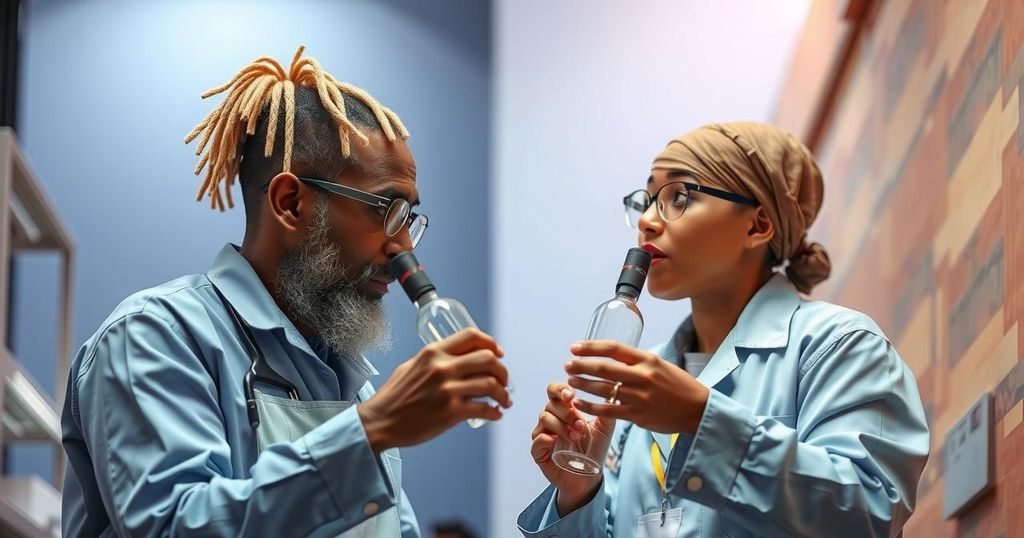Africa’s research capacity lags significantly behind Europe, with only 20 researchers per million versus Europe’s 246. The disparity hinders efforts to address pressing health challenges exacerbated by climate change and global pandemics. Investment in local partnerships, training, and gender equity is essential for empowering African researchers to thrive and contribute to global health solutions.
Africa faces a significant disparity in scientific research capacity when compared to Europe, with only 20 researchers per million people versus Europe’s 246. This research gap is alarming as global health challenges continue to escalate, exacerbated by climate change, leading to new diseases and the re-emergence of old ones. Recent health crises, including Ebola, Zika, and COVID-19, underscore the critical need for robust health research to address emerging threats and develop effective responses. Although funding for African post-doctoral research is on the rise, this has not translated into sufficient opportunities for researchers once they complete their education. The continent’s early-career post-doctoral researchers often lack essential training in technical, leadership, and transferable skills needed to create competitive research proposals. Furthermore, they encounter barriers in accessing mentorship, established research networks, and collaboration opportunities, particularly if they speak languages other than English. Women researchers face additional hurdles including gender inequality in research institutions, which impacts their productivity and retention in the field. The resulting combination of inadequate post-doctoral support, a lack of inclusive research infrastructure, and entrenched gender biases contributes to a loss of expertise, with many researchers leaving Africa for better prospects elsewhere. This trend poses a threat to the local knowledge economy and perpetuates underdevelopment, as external solutions often fail to consider local nuances. To bridge the research gap, it is imperative to foster equitable international partnerships that leverage local knowledge and expertise. Such partnerships should prioritize gender equity and include diverse linguistic backgrounds to create a more inclusive research environment. Initiatives like the Africa Research Excellence Fund (AREF) are critical in providing local capacity training, mentorship, and support to enhance research quality and output across the continent, particularly for women scientists. By focusing on equitable partnerships and locally led research initiatives, Africa can begin to close the substantial gap in scientific research capacity that currently exists.
The scientific research capacity in Africa is critically underdeveloped when contrasted with other regions, particularly Europe. Recent global health crises have highlighted the urgent need for enhanced research capabilities to tackle health-related challenges posed by emerging diseases. This context underscores the importance of local expertise in understanding and addressing health issues unique to the continent. Addressing barriers such as insufficient post-doctoral support, gender inequality, and lack of access to mentorship and networks is crucial for enabling African researchers to thrive and contribute meaningfully to global health discussions.
Addressing the research disparity in Africa requires a concerted effort to establish equitable partnerships that empower local researchers. By investing in post-doctoral training, offering mentorship opportunities, and promoting gender equity in research, the continent can harness its local knowledge and expertise to improve health outcomes. Organizations like AREF play vital roles in this transformation by fostering supportive environments for researchers and facilitating collaboration across linguistic and cultural divides.
Original Source: www.weforum.org






